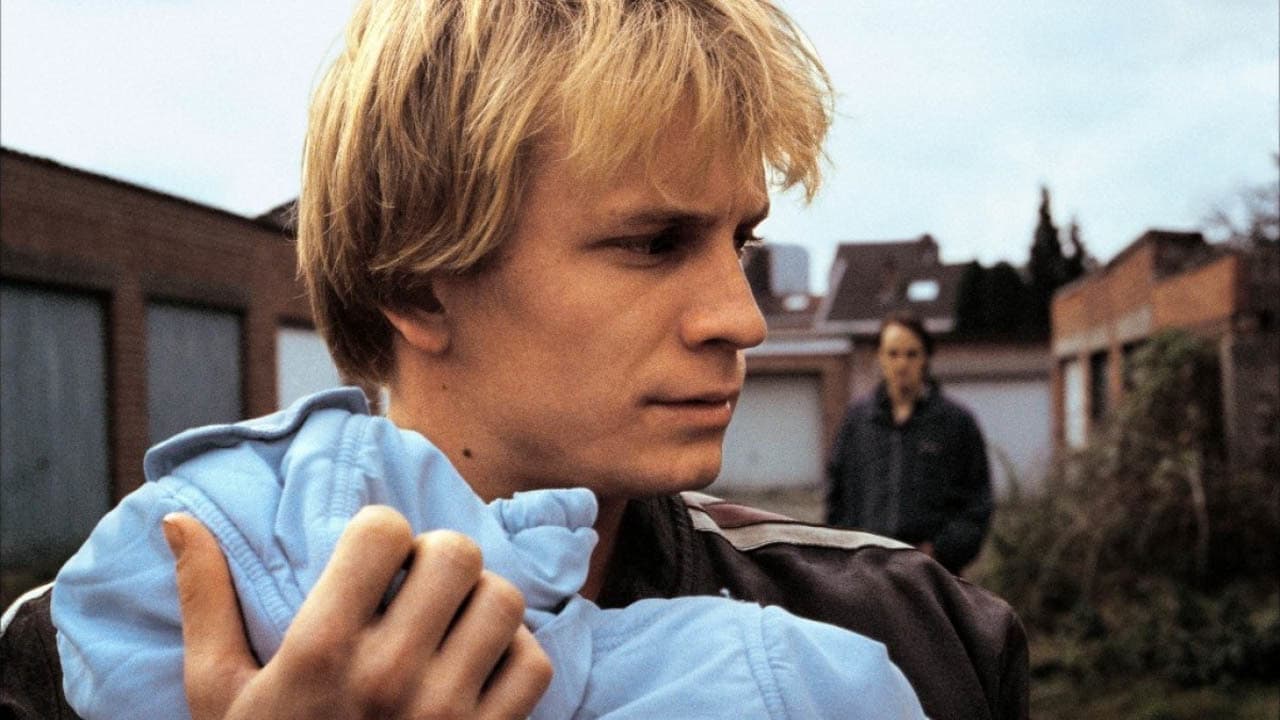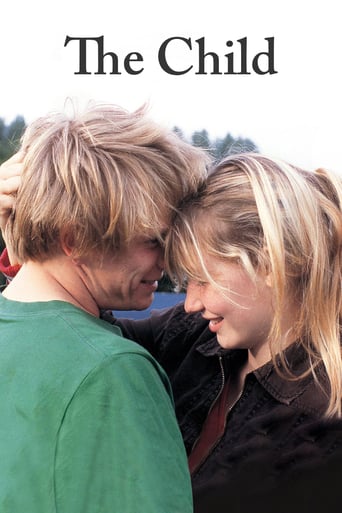

Purely Joyful Movie!
... View MoreIt's hard to see any effort in the film. There's no comedy to speak of, no real drama and, worst of all.
... View MoreGreat movie. Not sure what people expected but I found it highly entertaining.
... View MoreThis is ultimately a movie about the very bad things that can happen when we don't address our unease, when we just try to brush it off, whether that's to fit in or to preserve our self-image.
... View MoreThe movie is a good movie without becoming a great movie. Why? Because even believing you the film, because it is a credible film, thanks to actors who are great but have many things that are half-way.It is a sample of how these couples always end badly, not as a couple since they will never stop being it, if not in their lives, and that whatever they do will always be forgiven and will continue.It has great dead times, is repetitive, surely with a few minutes less would be much better film, at least to me those filling times make me wait for the next plane that is the one that tells something and not the one I'm watching, that says nothing . That's why he pulls me out at the same time.Photography, although I do not know if it really has photography, does not help much, rather, it says nothing. On the contrary, it makes the film look worse.The director, apart from being a great director of actors, the actors are at all times great. He does not know that there are too many minutes left. He does not know how to make a plane that looks nice and that counts.Otherwise, it will not be a movie that wastes your time.
... View MoreA captivating 'peephole' into welfare-life in Belgium's dark under belly, L'infant is a unique movie in its stark realism, intentional lack of a musical backdrop, and limited, authentic and sometimes painfully awkward dialogue. It centres around a young, poor couple - Bruno (Jeremie Renier) and his girlfriend Sonya (Deborah francois), and their meandering descent from 'carefree' love. They are seen play fighting and horsing around many times at the beginning of the movie and their lack of meaningful (or any) dialogue lends itself to the sense of childishness, youthfulness and naiveté that characterizes them both. Bruno thinks 'working is for fools' and sporadically brings in money from petty criminal activities carried out with the help of his underage 'gang' of disaffected school boys. It is clear from the start that Bruno is immature, thoughtless, impulsive and self-obsessed, and one cannot help but be contemptuous of his unawareness of others' needs or feelings. When Sonia shows him their baby son for the first time, Bruno shows next to no interest in the baby. Although one sees his fondness for Sonia, his immaturity does not allow him to see beyond the moment, or beyond the next opportunity to make 'easy' money. Neither Sonia or Bruno grasp the 'reality' of having a baby nor how it will impact their lives; Sonia, however, bearing the brunt of the responsibility and having, it appears, some maternal instinct cannot escape that reality as readily as her lover. Even so, she is painfully unaware of the extent of Bruno's recklessness when she gives him the baby to 'take for a walk'; Bruno seizes upon this as the ultimate money-making opportunity, and seeks out an illegal, underground 'adoption agency' where he can sell their baby and make more money. His naivety is apparent in his total astonishment at Sonia's reaction to this shocking misdemeanour and his desperate pleas - 'but the money's for us! We can have another one (baby)'. These puerile words seal his fate in Sonia's eyes.L'infant, despite its minimalism, harsh realism and dismal portrayal of life, is nonetheless entrancing and engrossing; from extended 'road-crossing' scenes, to Bruno's realisation that he really has over-stepped the line and must return to the criminal 'baby adopters' to get his child back. It is here we see that beneath his brash, indifferent, superficially carefree exterior is a child-like, fearful young man, very much in love with Sonia, and totally unhinged by her contempt for him. Even after a nail bitingly suspenseful scene where Bruno retrieves the child, he is still backed into a corner by his foolish actions and helplessly sucked into a vortex of blackmail, violence and censure. He is now very much a tiny fish, swimming against the current, in a large and vicious pond. One realises that maybe Bruno, all along, is 'L'infant'; so foolish and infantile his actions, and so desperate his desire for forgiveness and acceptance. L'infant's cinematic naturalism, sparse dialogue, suspenseful scenes, and bleak realism make it a great film for the discerning movie goer.
... View MoreThe movie is very honest. Last week, I had watched 'Troubled Waters' and had the impression that it was very realistic.I am not familiar with Norway and so took whatever I saw as realistic as I had no basis to compare against and say otherwise. On the other hand,'the child' is realistic to everyone - the noise of the traffic, the crowds in hospitals everything felt accurately real.The movie talks about a vagabond, a child at heart, a rebel thoughtless fellow who sells off his child for money. One has to appreciate the film-making as I watched through the movie without judging against the protagonist.I did not feel anger.I did not feel disgust.The movie sets you thinking.It is not a movie that tells you a great story and leaves there.The story is very real.The situations that the movie depicts are startling but are unfortunately potentially very true.There are shots where the protagonist is apparently doing nothing - he is just walking on the road pushing the cradle, sitting in the bus, taking a stick and drawing lines in the water.These caused me to think about the turmoil that he is going through in his head while he is idling.There are great natural shots that bring out the love between the boy and the girl - very very naturally and playfully shot.He is a nice fellow.He fights life in his own way and he stands by his people. The movie shows a lot of selling and money bargaining - possibly mocking the money-mindedness.I can imagine this movie selling off in various other countries as remakes - Africa/Asia etc.Where poverty can cloud your conscience/psyche, causing you to do insane things.
... View MoreShort, direct and poignant,'L'Infant' is the story of Bruno, an irredeemably feckless young man, who finds himself utterly out of his depth on becoming a father. Bruno's sense of irresponsibility is tragic, but so extreme as to be comic as well; yet he wins our sympathy because he is not innately wicked, and even acts in accordance with a certain moral code: it's just that this code is that of a child, and wholly insufficient for adult life. The film is shot in a sparse, documentary style, there's a little visual poetry in its depiction of the underbelly of urban Belgium, but in essence this is a well-acted, fresh and economical movie, without pretensions of any sort; but whose realism imparts power, particularly to a couple of understated, but truly horrific scenes that made me nervous in my seat.
... View More